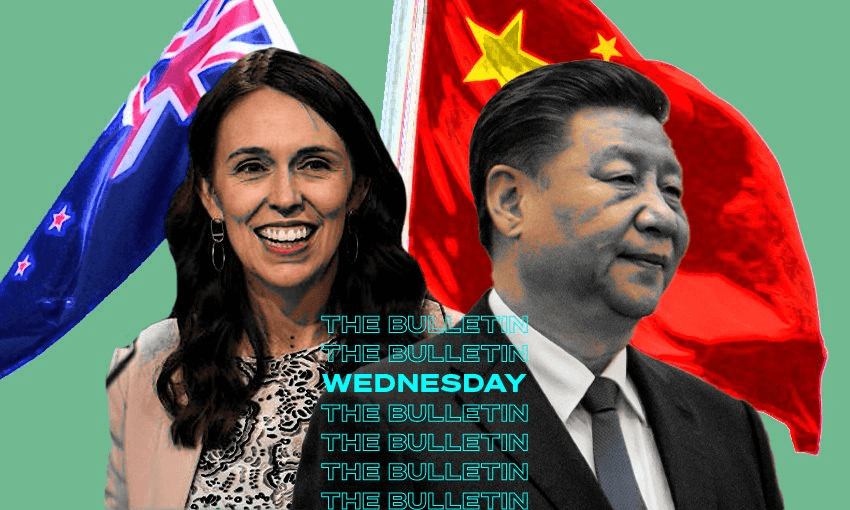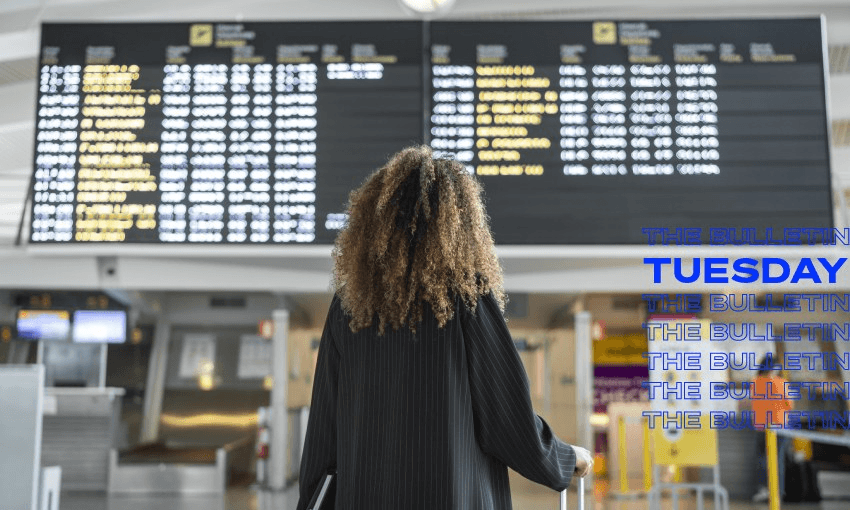A battle of words is brewing between New Zealand, China and the Solomon Islands over a proposed security deal, Justin Giovannetti writes in The Bulletin.
A security pact between the Solomon Islands and China risks ‘destabilising the region’.
Uneasy diplomacy is underway in what Jacinda Ardern has called Aotearoa’s “backyard”. At the centre of the developing stoush is a leaked proposal of a security deal between the Solomon Islands and China that could be signed within days. New Zealand’s foreign minister and prime minister have warned that the deal could destabilise the region and militarise the Pacific, according to the NZ Herald. For Solomon Islands prime minister Manasseh Sogavare, the agreement would be the culmination of a whirlwind three years that first saw him shift the country’s recognition from Taiwan to Beijing in 2019.
Criticism of the deal is ‘very insulting’, according to the Solomon Islands PM.
Speaking in Honiara about the agreement for the first time, Sogavare was defiant in the face of criticism. “When a helpless mouse is cornered by vicious cats, it will do anything to survive,” Sogavare told the Solomon Islands parliament yesterday. As The Guardian reports, he said that criticism of the deal by foreign powers was “insulting” and called the people who leaked the agreement “lunatics.” He didn’t speak about any specifics in the deal, but said it wouldn’t allow for the construction of Chinese military bases. The Chinese foreign ministry has verbally shot back at Australia and New Zealand, telling them to stop dictating “self-importantly and condescendingly from a privileged position.”
What the deal says about the future of the Solomons.
The terms of the draft deal are both vague and sweeping. They allow for the Solomon Islands to request police and military personnel from China, but also provides an opening for China to send military forces to the islands to protect “the safety of Chinese personnel and major projects”. The draft also seems to require the Solomons government not to disclose any of its activities under the agreement unless China approves of it. The prospect of Chinese forces deployed so close to Australia and Aotearoa alone raises serious questions about the future stability of the region. According to Politik, the deal has led to Ardern’s most direct criticism yet of China. Ministers are Canberra and Wellington are increasingly approaching Beijing with the same wary apprehension, which is quite a significant shift from New Zealand’s generally conciliatory approach in recent years.
Could this lead to a change in New Zealand’s defence situation?
“We continue to have shared concerns over the ongoing issues with the Solomon Islands and their engagement with China in a way that it may add to the militarisation of the Pacific. We share those concerns, but so does the Pacific. We do need a whole of Pacific voice on this, this isn’t just about us, this is about our whole region,” Ardern told reporters yesterday at parliament.
The defence minister was blunter. RNZ reports that Peeni Henare said New Zealand will warn other Pacific islands about Chinese overtures. The combative tone is a reflection of the strategic location of the Solomons. They sit on the main shipping routes into Australia and Aotearoa. Some of the most ferocious battles of the Second World War were fought on the islands, to keep lines of communication open between North America and the Tasman. The strategic situation in 2022 isn’t all that different. According to the NZ Herald (paywalled), the government is now looking at whether to stick with its current defence budget or shift to spending more.
Forget the diplomacy, this could also be about domestic politics in the Solomon Islands.
It’s possible the leak was meant as a bargaining chip. Australia has already responded with a commitment to keep its security forces in the Solomons until the end of 2023 and to spend hundreds of millions to support the local government. An anti-corruption group told RNZ that the security deal is only the latest contentious policy from a government that has made many. There are still protests in the Solomon Islands about the decision to switch from Taiwan to China in 2019. People in the Pacific aren’t “passive dupes” The Conversation writes, they are making choices in the face of real constraints. China’s deal with the Solomons should also be a wakeup call for Aotearoa and Australia. Their diplomatic and economic efforts in the region might not be working.



